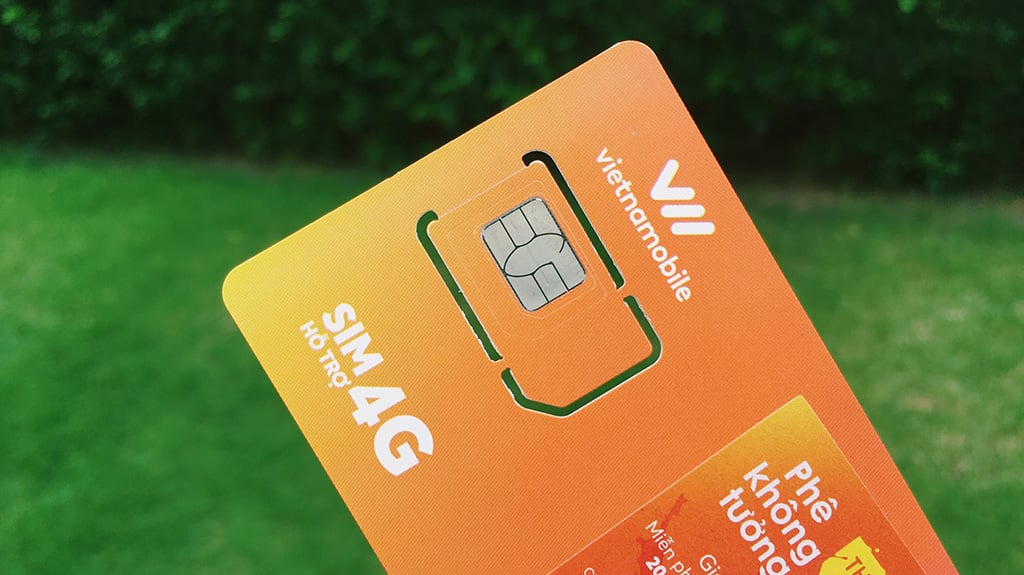The Luck Factor: Lucky Number SIMs and Personal Brand Resonance
There is a possibility to view the trend of social media in China of requesting lucky numbers as a result of Faddism. It is an opportunity to express anxiety about the rapid changes in society.
According to Hobsbawm as well as Ranger the invented customs could emerge during moments of profound social changes as old customs disappear from the social fabric.
Market Value
Lucky Mobile is a popular credit card that is a prepaid SIM card, offering various data packages and competitive rates. The card is easy to use, and provides seamless connectivity. The users can buy a Lucky mobile network sim card from shops and also on websites. The validity of the card can be adjusted to fit the needs of the customer.
A lot of people in Vietnam are keen to own the “Prime” or “Fancy” number. The phone is often filled with ads on mobile phones that sell unique or “cantik” numbers, which are believed to be lucky by people who have. An example of this is the model Ngoc Trinh who paid millions of rupiah for an unidentified hotline that she believed could be cantik.
Lucky Mobile, a Canadian company that offers prepaid services and relies on the Bell Mobility Network, is offered in Canada. The company sells its cards at Bell, Visions Electronics, Walmart, Circle K, Glentel (TBooth Wireless as well as Wireless Wave), Staples, Giant Tiger, and Dollarama places. It also offers cards through retailers such as Public Mobile and Telus. The company’s low-cost plans include text and voice messaging in addition to data and international calls.
Telecom Companies
Lucky Mobile, launched in 2017 is a virtual smartphone network with a prepaid plan that supplies Canadians with an alternative at a cheaper cost to the national mobile providers. Offering a range of data packages, users can choose a plan that best suits their needs for communication and financial. The service offers exceptional service at affordable rates.
A few people will make a huge investment to acquire this lucky number. The craze for this is most prevalent within Hong Kong where many think that they will bring them luck, there are some across other regions of Asia that do the same. The entire business was born because of.
China’s state-owned communications, in particular, have come under fire for profiting from the cult of superstition as well as selling numbers believed to be lucky. Despite this criticism, it seems like the fashion is likely to endure.
Cultural Beliefs
In a society where the economy is becoming increasingly tangible and people are feeling increasingly less secure the numbers are returning to the importance of being spiritual as well as magical objects. The use of numbers can vary, from divining fortunes to relieving anxiety. Furthermore, their significance varies from culture to culture. Three, for example, is a lucky number for Swedish, South Koreans and Vietnamese. It is a symbol of balance in harmony, prosperity and balance, according to in the Vietnamese term “three”, which sounds as heaven, Earth and ground, means.
There is a possibility that the invention of lucky numbers is a consequence of the disintegration process in modern society (Giddens). For example, the Chinese number 8 is thought of as extremely lucky as it is a sound that is similar to the term “wealth,” and it is believed to increase one’s wealth and success. For this reason, some Chinese users are willing to pay a lot of money for a number with an eight. The number 8 is now considered a status symbol in China.
Consumer Behaviour
There are many types of SIM cards on the market. People are attracted to companies that offer unique features or discounts. A few smart marketers are also using customized marketing strategies to assist consumers select the right products for their specific needs.
COVID-19 has created many challenges that manufacturers of mobile phones as well as wireless carriers. There are production disruptions, labor shortages which have caused delays sim so dep gia re in shipping. The COVID-19 epidemic has resulted in a reduction in cellular device deliveries and a slower pace of development for next-generation devices.
Criminals may use your mobile number to impersonate your identity in order for the purpose of stealing personal information, or create fraudulent transactions, like shopping on sites that offer e-commerce. To stop SIM swapping, organizations, users and operators must collaborate. For your protection, you should avoid using numbers with repeated digits or are too short or lengthy. Keep this in mind especially if work in the field of finance. Limit the frequency of changing the cellular service provider.
